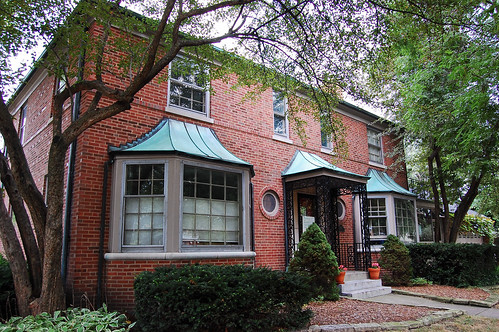Buying Rental Property

In today’s economy, investing in a rental property can be a great idea. Home prices are down, interest rates are low, and there are a growing niche of people looking for affordable rental houses. With a good degree of planning and preparation, rental properties can be the most reliable way to earn long-term, steady income in real estate. There are a few basic areas to cover when it comes to deciding what to buy, where to buy, and how to manage your investment.
Price
- The basic rule of owning rental property is you want to avoid negative cash flow. That is to say, when you subtract all of your expenses, i.e. paying the mortgage, taxes, insurance and maintaining the property from the amount of rent you receive each year, you ought to be making a profit. You might make up some of the difference in tax credits, but you still want to minimize loss as much as possible.
- How do you do this? By buying moderately-priced property in a good neighborhood. You want to avoid areas with too many foreclosures or anywhere that seems to be declining in terms of the economy or the population. This will help you get a good rent, too – research what people are typically paying to rent and to buy, and figure out what a reasonable price to pay for the property may be, compared to a reasonable price to charge for rent.
- Know your assets and invest long-term. Home values are virtually guaranteed to rise and fall over the years – you should be prepared to hold onto your property and build equity even when times are hard. Be prepared for vacancies, too. When you are between tenants, you will still have a mortgage to pay, and you want to make sure it’s a responsibility you can handle.
Maintenance
- Prepare for emergencies. Invest in landlord’s insurance, to cover fires, floods, and any unforeseen disasters. It’s smart to set aside an emergency fund, not only to cover times when your property might be vacant but also any unexpected problems or issues you may come across regarding upkeep and repair.
- Choose responsible tenants. Don’t skip credit checks or references. You want to be able to rely on them to pay rent on time every month, but you also want the kind of people who won’t end up costing you in damages or depreciation of the property. Consider factors like pets and children, as well as the age and income level of the people you’re renting to.
- Establish a team. Before you have even rented out your property, you should find a gardener, landscaper, exterminator, plumber, repairman – everyone you need to maintain and increase the property value as well as make sure you or your tenants know who to call when there’s a problem.
Most of your chances for success with your rental company depend on the choices you make before the house is even purchased. Many responsible landlords put months of research into the market before they choose where to invest their money, not to mention talking to real estate brokers and fellow property owners about their experiences. But once you find your ideal rental property, it can often begin generating profit in a few short years – enough to create a steady cash flow into your retirement and beyond.
See Also:
- What You Need to Know About Deducting Travel Expenses
- 2 Types of Mortgage Insurance
- Appliances That Bump Up Your Electricity Bill
- Housing Trends- Where are the Home Buyers?
- Investing In Real Estate Securities For High Yield
- Do You Need to Know Financial Trends to Plan for Retirement?
- The Wealthy Buy Assets, the Poor Buy Liabilities, and the Middle Class Buy Liabilities Believing They Are Assets
